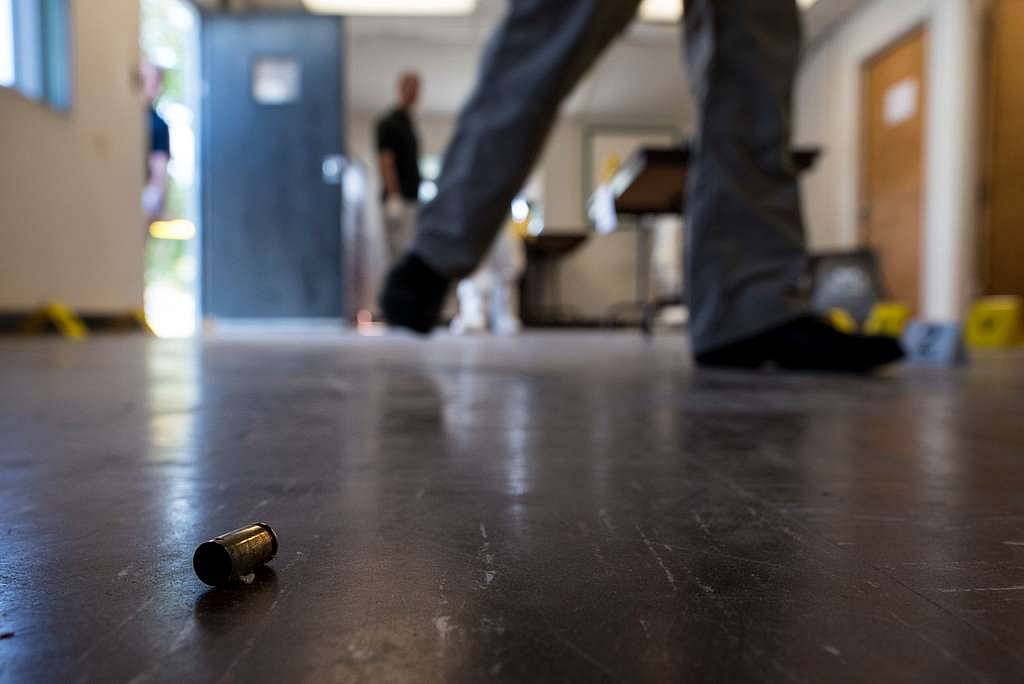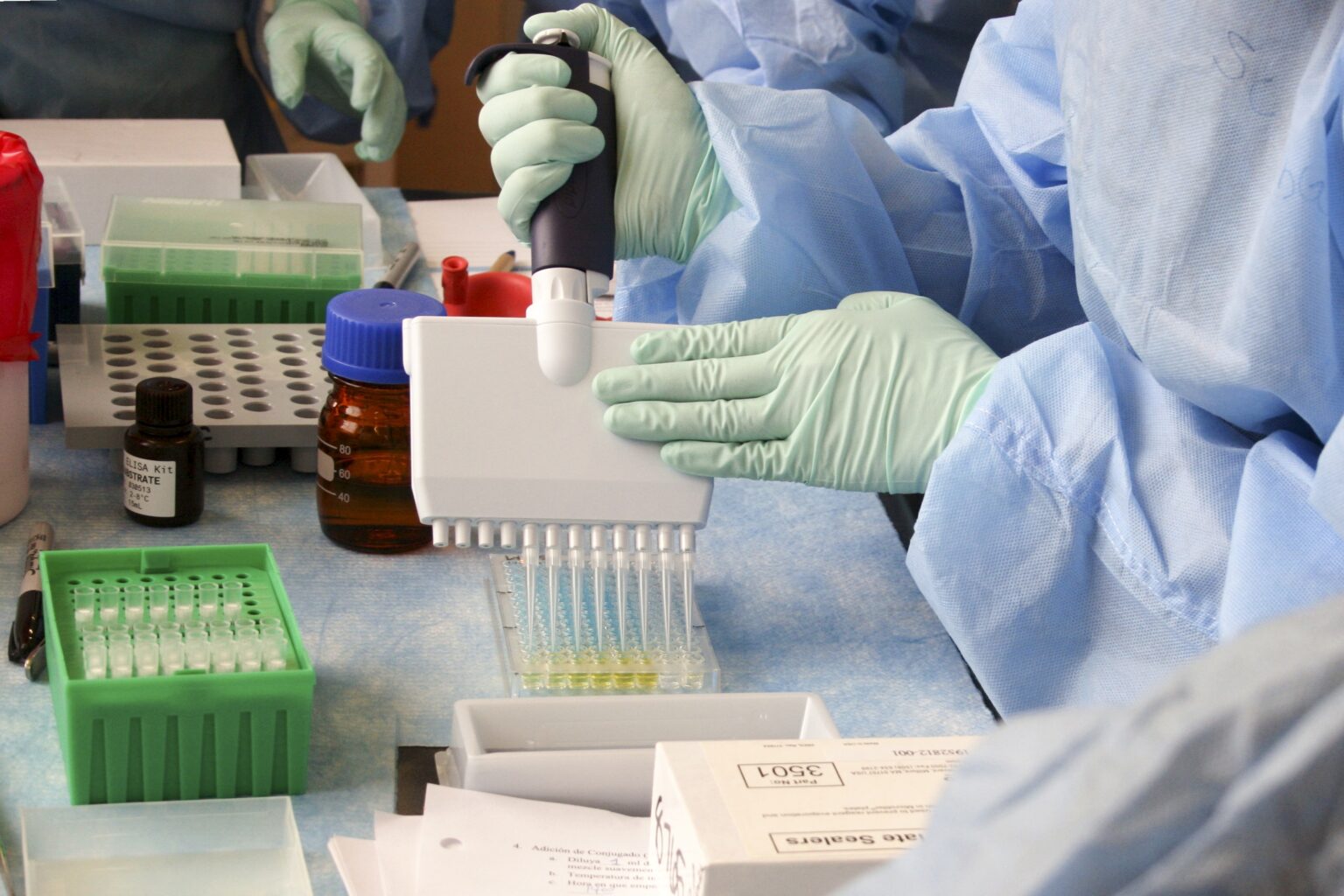Now Reading: NFSU Vice-Chancellor Dr. Vyas Re-Elected to Key International Police Post.
-
01
NFSU Vice-Chancellor Dr. Vyas Re-Elected to Key International Police Post.
NFSU Vice-Chancellor Dr. Vyas Re-Elected to Key International Police Post.
Dr J. M. Vyas, Vice-Chancellor of the National Forensic Sciences University (NFSU), was re-elected as Vice President of the International Association of Police Academies (INTERPA); this speaks to the increased significance of India in the global arena in forensic and police education.
The election was held during the INTERPA executive board meeting in Nevsehir, where representatives from around 80 member institutions from 63 countries gathered to engage in a packed agenda, enhancing police training, improving standards in forensic practice, and facilitating international collaboration regarding emerging threats, including cybercrime and transnational organised crime. Dr Vyas’s re-election has been interpreted as an endorsement of Dr Vyas’s leadership and a vote of confidence in the NFSU model of “scientific policing“.
Having received the Padma Shri award, Dr Vyas has led NFSU through a period of exceptional growth. The university now educates students in specialised fields of higher education, including digital forensics, cybersecurity, behavioural science, forensic data analysis, and security management, while establishing a multi-campus institution with both national and international partnerships. At INTERPA, Dr Vyas is expected to advocate for further connecting academic and operational interfaces in areas such as joint training modules, faculty exchanges, and capacity-building workshops, aligning the expanding involvement of forensic science with practical police education.
The INTERPA venue is essential to standardizing training across jurisdictions, and delegates at the meeting in Nevşehir spoke to topics such as the need for quality assurance, modern methods of investigation, and the ethics of technology in policing using AI to review evidence, the impact of cloud forensics and more. Dr Vyas also raised the importance of “frugal forensics” solutions for agencies with limited resources. At the same time, there would need to be technical training at a high level and for specialist units. Observers cite tangible benefits expected from his term, including more INTERPA participation in India’s training calendar, collaborative research projects, and pilot programs that put forensic labs and police academies in direct operational collaboration. For observers and practitioners, this means more international training opportunities and curriculum alignment with global best practice.
Dr Vyas’s term can be viewed both as symbolic prestige and as a practical move toward more effective global collaboration in forensic science and policing, translating academic developments into practical applications (investigative capacity).










